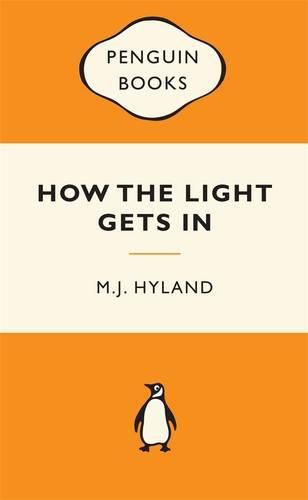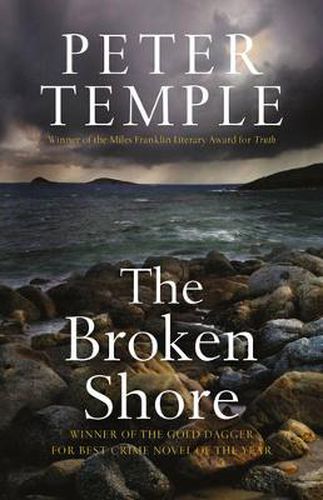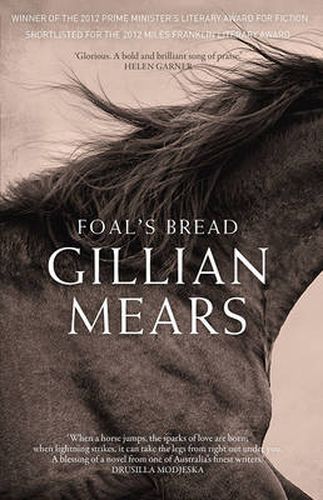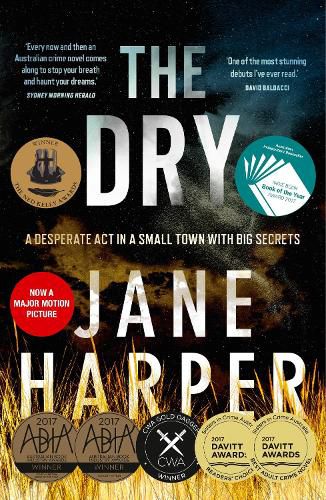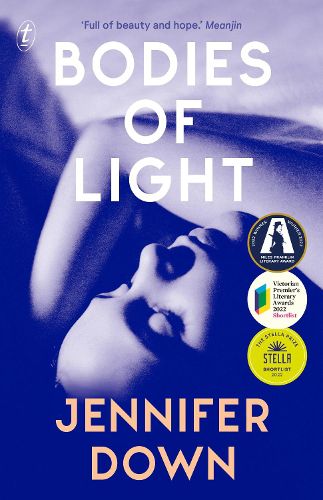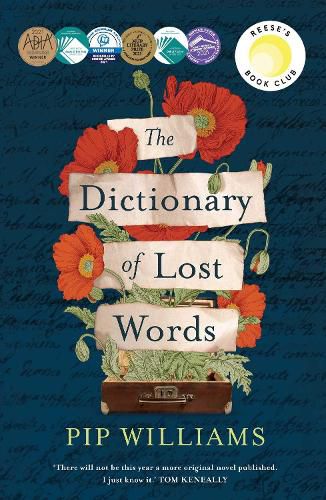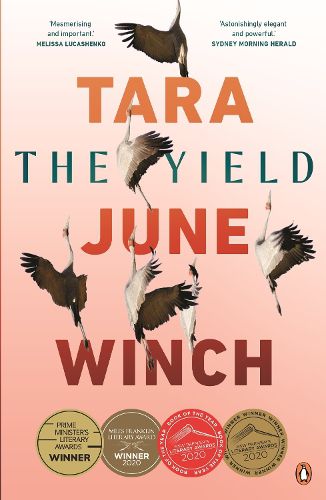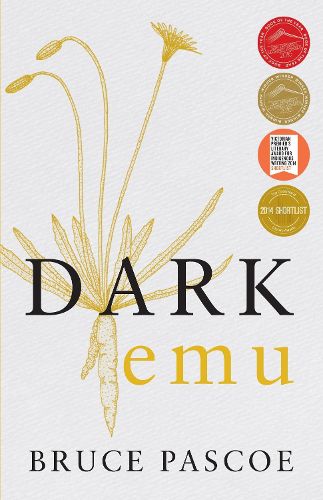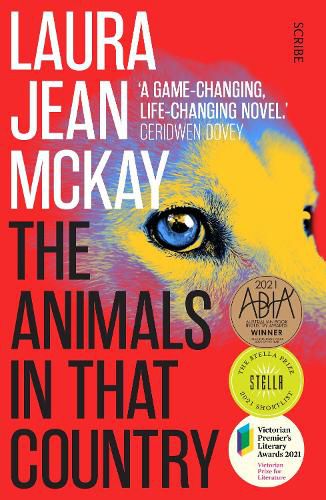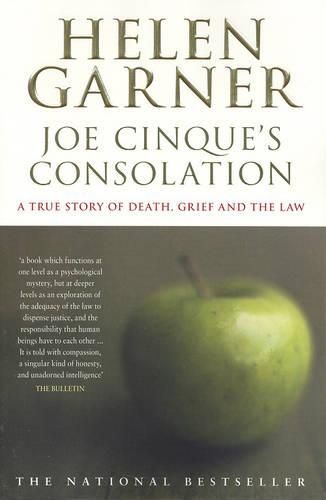The literary world has been buzzing with conversations about The New York Times’ recently announced 100 Best Books of the 21st Century. As fierce advocates for Australian literature we were disappointed not to see any of our own remarkable writers on the list . . . and as fierce advocates for Australian literature we’ve decided to do something about it.
We reached out to members of the Australian literary community, from writers to publishers and our own passionate booksellers, asking them to nominate their favourite Australian books, published since 2000. The result is this list of the 30 best Australian books of the 21st century. We hope it will encourage you to pick up a local book that you haven't read yet, or to shout out your own favourite – we're excited to see the community's response to these rankings!
From over 600 votes, here are the titles that made it to number 21–30 on the list. Keep an eye on our website and social media over the next week as we count down to number one.
– Joe Rubbo
#30
How the Light Gets In by M.J. Hyland
'Hyland has an exceptional gift; a way of involving the reader in the lives of her protagonists. In this case I had the compulsion to jump through the page to support the book's lead character, Lou Connor from making the detrimental decisions that teenagers often make. How the Light Gets In is an uncomfortable, heartbreaking and sometimes funny novel that more than deserves its status as one of Australia’s best books of the 21st Century.'
– Jason Austin, bookseller
#29
The Broken Shore by Peter Temple
Peter Temple’s gift for compelling plots and evocative, compassionately drawn characters has earnt him a reputation as the grand master of Australian crime writing. The Broken Shore is Temple’s finest book yet; a novel about a place, about family, about politics and power, and the need to live decently in a world where so much is rotten. It is a work as moving as it is gripping, and one that defies the boundaries of genre.
#28
Foal's Bread by Gillian Mears
Written in luminous prose and with an aching affinity for the landscape the book describes, Foal’s Bread is the work of a born writer at the height of her considerable powers. It is a stunning work of remarkable originality and power, one that confirms Gillian Mears’ reputation as one of our most exciting and acclaimed writers.
#27
The Dry by Jane Harper
Luke Hadler turns a gun on his wife and child, then himself. The farming community of Kiewarra is facing life and death choices daily. If one of their own broke under the strain, well . . .
When Federal Police investigator Aaron Falk returns to Kiewarra for the funerals, he is loath to confront the people who rejected him twenty years earlier. But when his investigative skills are called on, the facts of the Hadler case start to make him doubt this murder-suicide charge.
#26
Bodies of Light by Jennifer Down
A quiet, small-town existence. An unexpected Facebook message, jolting her back to the past. A history she’s reluctant to revisit – dark memories and unspoken trauma, warning knocks on bedroom walls, unfathomable loss. She became a new person a long time ago. What happens when buried stories are dragged into the light?
'Bodies of Light, to me, is unlike any other Australian book I have read. Gritty and depressing, but told with such care, research and beautiful writing.'
– Clare, publisher
#25
The Dictionary of Lost Words by Pip Williams
Esme is born into a world of words. Motherless and irrepressibly curious, she spends her childhood in the ‘Scriptorium’, a garden shed in Oxford where her father and a team of dedicated lexicographers are collecting words for the very first Oxford English Dictionary.
'A powerful, moving story about connection, women's stories and language, released to monumental success during a time in which industries were struggling and storytelling was more important than ever.'
– Laura Franks, publisher
#24
The Yield by Tara June Winch
'As a bookseller, it is rare that you ever make the time to re-read a book – there are simply too many new ones to distract you, or classics that you have never read but know that you should – you can't waste those precious reading hours on something that you've done before. Unless it is a very special book, in which case you read it again, to savour anything missed the first time around and treasure the parts that stayed with you. The Yield by Tara June Winch is one of the very few books I have read twice in recent years, because it deserved savouring and treasuring. It is storytelling at it's finest.'
– Kate McIntosh, bookseller
#23
Dark Emu by Bruce Pascoe
Dark Emu puts forward an argument for a reconsideration of the hunter-gatherer tag for pre-colonial Aboriginal Australians. The evidence insists that Aboriginal people right across the continent were using domesticated plants, sowing, harvesting, irrigating, and storing – behaviours inconsistent with the hunter-gatherer tag.
'Dark Emu changed our minds as a culture about First Nations’ people’s ongoing relationship with the land and farming. It has sparked so many discussions and controversies but imagine if it hadn’t been published? Our society would be diminished without it.'
– Angela Crocombe, senior buyer for Readings Kids
#22
The Animals in That Country by Laura Jean McKay
Hard-drinking, foul-mouthed, and allergic to bullshit, Jean is not your usual grandma. As disturbing news arrives of a pandemic sweeping the country, Jean realises this is no ordinary flu: its chief symptom is that its victims begin to understand the language of animals . . .
'Original, hugely entertaining and superbly crafted, this is one heck of a road-trip novel, whose timing and insights into human behaviour in a crisis could not be more prescient.'
– Alison Huber, head book buyer for Readings
#21
Joe Cinque's Consolation by Helen Garner
In October 1997, a clever, young law student at ANU made a bizarre plan to murder her devoted boyfriend after a dinner party at their house. Compassionate but unflinching, this is a book about how and why Joe Cinque died. It probes the gap between ethics and the law; examines the helplessness of the courts in the face of what we think of as ‘evil’; and explores conscience, culpability, and the battered ideal of duty of care.
See the books that make up numbers 11-20 on our list here!


